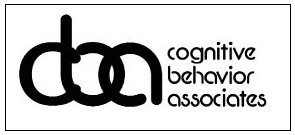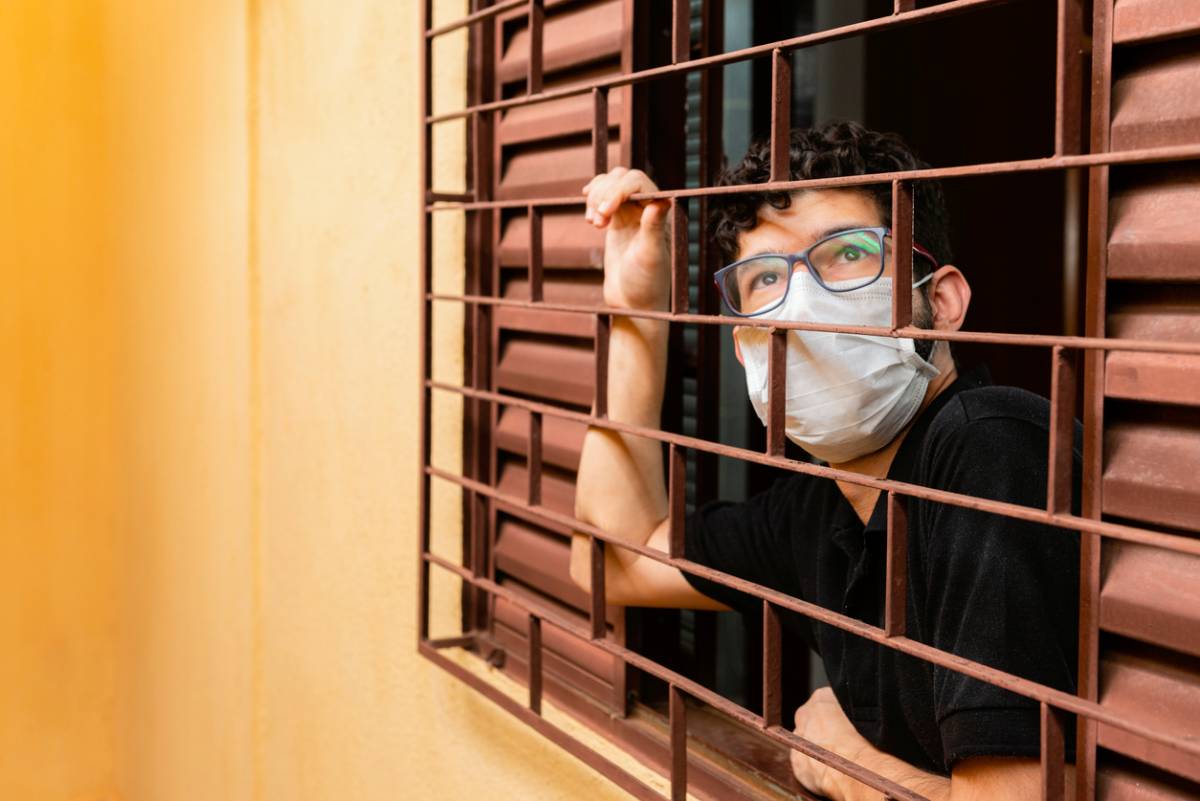The ongoing Covid-19 pandemic continues to disrupt our lives. We continue to struggle to keep case numbers and the mortality rate under control. Fortunately, we have seen some progress thanks to vaccination efforts and improvements in treatment. Both are allowing people to return to something resembling normalcy within small friend groups and family units, but there may be a few complications you weren’t quite expecting. Let’s look at dealing with social anxiety after quarantine.
Dealing with Social Anxiety After Quarantine
Increased social anxiety is a common byproduct of the necessary quarantine and social distancing measures taken over the past two years. That may not be very comforting, but at least it means that feeling a little more nervous in social settings is a completely normal reaction. With a little focus and some cognitive behavioral therapy in LA you can learn to cope with your anxiety as you rebuild your social confidence.
Assessing Your Needs
There exists a few markers commonly associated with social anxiety. You may feel worried or panicked that you lack the ability to interact with other people. You may constantly feel like other people are judging you or like no one likes you. When it comes to people with social anxiety, these feelings almost always prove out of sync with reality. But they can have real physiological effects.
Physiological symptoms of social anxiety may include nausea, increased heart rate, hyperventilation, sweating, trembling, or dizziness. In extreme cases, people with social anxiety may experience a panic attack in a highly stimulating or stressful environment. Some people handle these symptoms by avoiding social situations whenever possible. Others are more likely to attempt to self-medicate with drugs or alcohol. Neither is actually a positive solution.
If any of this sounds familiar, you’re probably dealing with some level of social anxiety. It’s a very common struggle and experiencing it says nothing about you. All it means is that you might need some professional help to take control over your social experiences if you want to build your confidence and your personal network. For many people, the hardest part proves getting started.
Finding and Beginning Therapy
There exist a lot of different methods for dealing with social anxiety. And finding what works best for you does not always prove easy. Cognitive behavior therapy is often the first step for people with social anxiety because it is directly targeted to teach you how to challenge your own negative thoughts. When you start social anxiety treatment in Los Angeles, your therapist will help you break down the thoughts, behaviors, and emotions triggering your anxiety.
The Cognitive Behavioral Therapy Approach
Once you’ve helped to identify your particular pattern, your therapist can help you to address them one at a time. As a part of cognitive-behavioral therapy, you will learn to identify and question thoughts, behaviors, and emotions. Specifically, ones that lead to you feeling anxious in social settings. With the help of your therapist, you will gradually learn that your fears prove generally exaggerated. However, your therapist will also teach you coping mechanisms to help deal with moments when they aren’t.
The truth is that we all occasionally find ourselves in social situations that are actually negative. Learning to deal with those moments in a proactive method. It allows the opportunity to move on and learn from the experience, much better than allowing it to stoke your fear. Fortunately, cognitive behavioral therapy is designed to give you the tools to make more positive responses possible.

